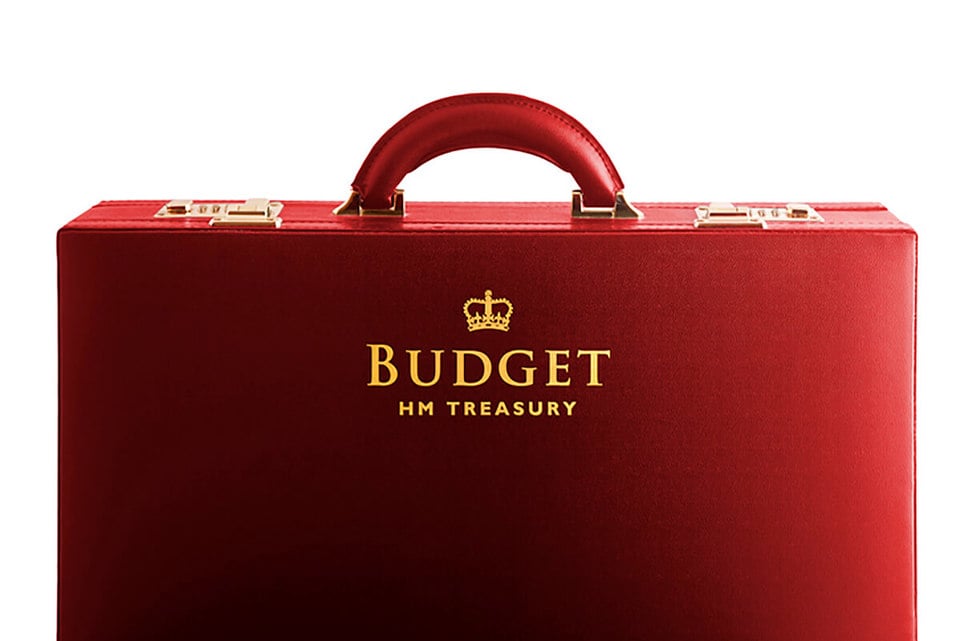The Chancellor George Osborne has sounded the death knell for the diesel supplement, but ruled out a further cut in fuel duty to help fleets.
Delivering the Budget speech to a packed House of Commons, the chancellor said that there was “no other road to recovery”, while promising a “simpler tax system” and a tax system that would be “competitive for business”.
He said: “To encourage fuel efficient fleets, we will extend the 100 per cent first year capital allowance for low emission business cars, reduce the CO2 threshold for the main capital allowance rates; and increase the percentage list price of company cars subject to tax.”
Company car tax
Company car tax rates from 2014 to 2016 will see the appropriate percentage of list price subject to tax increase by 1% for cars emitting more than 75g/km of carbon dioxide, to a maximum of 35% in 2014–15, and by 2%, to a maximum of 37% in both 2015–16 and 2016–17.
From April 2015, the five-year exemption for zero carbon and ultra-low carbon emission vehicles will come to an end as legislated in Finance Act 2010.
The appropriate percentage for zero emission and low carbon vehicles will be 13% from April 2015 and will increase by 2% in 2016/17.
From April 2016, the Government will remove the 3% diesel supplement differential so that diesel cars will be subject to the same level of tax as petrol cars.
The Government will also exclude certain security enhancements from being treated as accessories for the purpose of calculating the cash equivalent of the benefit on company cars made available for private use. The changes take effect retrospectively from 6 April 2011.
Van benefit charge
The Government will freeze the van benefit charge at £3,000 in 2012/13. From April 2015, the five year exemption for zero carbon vans from the van benefit charge will expire, as legislated in Finance Act 2010.
Vehicle excise duty
From 1 April 2012, VED rates will increase in line with the RPI, apart from VED rates for Heavy Goods Vehicles which will be frozen in 2012/13.
The Government will consider whether to reform VED over the medium term to ensure that all motorists continue to make a fair contribution to the sustainability of the public finances, and to reflect continuing improvements in vehicle fuel efficiency.
In addition, the Government aims to develop a direct debit system to allow motorists to spread their VED payments. The Government will seek the views of motoring groups on these measures.
The Government will reduce tax disc postage costs by extending to fourteen days the grace period, following the payment of tax, on the non-display of a tax disc in a vehicle.
The Government has said it will also reduce the administrative burdens on car leasing businesses by extending the date-to-end-month scheme to VED exempt licences.
Car fuel benefit charge
From 6 April 2012, the fuel benefit charge (FBC) multiplier for cars will increase from £18,800 to £20,200, and will increase by 2% above the RPI in 2013/14.
The Government commits to pre-announcing the FBC multiplier one year ahead.
Van fuel benefit charge
From 6 April 2012, the van FBC multiplier will be frozen at £550, and will increase by the RPI in 2013/14. The Government commits to pre-announcing the FBC multiplier one year ahead.
Fuel
The 3ppl increase in September goes ahead after the chancellor says action taken in previous Budgets has already cut fuel costs by 6ppl.
As announced at Budget 2011, the Government will introduce a Fair Fuel Stabiliser. Further details of how the stabiliser will follow.
Capital allowances
From April 2013, the Government will extend the 100% first year allowance (FYA) for businesses purchasing low emissions cars for a further two years to 31 March 2015.
The carbon dioxide emissions threshold below which cars are eligible for the FYA will also be reduced from 110g/km to 95g/km, and leased business cars will no longer be eligible for the FYA.
From April 2013, the carbon dioxide emissions threshold for the main rate of capital allowances for business cars will reduce from 160g/km to 130g/km.
The threshold above which the lease rental restriction applies will also reduce from 160g/km to 130g/km.
Income tax and National Insurance contributions
The main income tax rates for 2012/13 will remain at their 2011/12 levels.
As announced at Budget 2011, the income tax personal allowance will increase by £630 in cash terms to £8,105 in 2012/13.
There will be a corresponding £630 cash decrease in the basic rate limit, taking it to £34,370. The higher rate threshold, which equals the sum of the personal allowance and the basic rate limit, will therefore remain unchanged in 2012/13 at £42,475.
From April 2013, the income tax personal allowance will increase by £1,100 in cash terms to £9,205. There will be a £2,125 cash decrease in the basic rate limit, taking it to £32,245.
The National Insurance Upper Earnings/Profits Limit will also be reduced to align it with the higher rate threshold. The higher rate threshold will be £41,450, meaning that one quarter of the total gain will be passed on to higher rate taxpayers.
The additional rate of income tax will be reduced from 50 per cent to 45 per cent from April 2013. The basic and higher income tax rates for 2013–14 will remain at their 2012–13 levels.
What do you think about the Budget? Is it good news for fleets? Please comment below.

















Login to comment
Comments
No comments have been made yet.